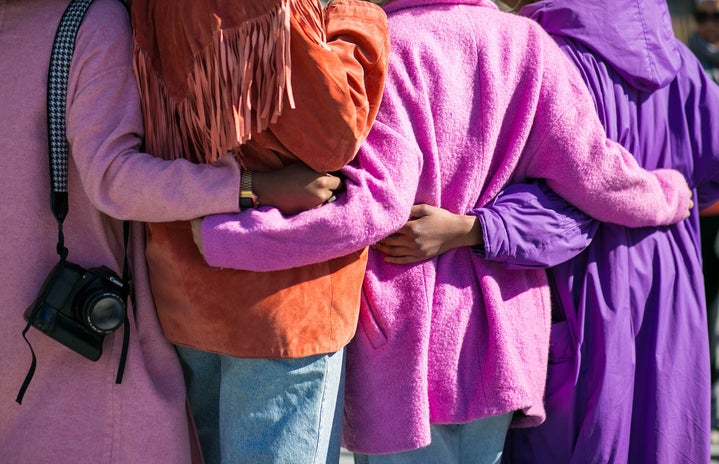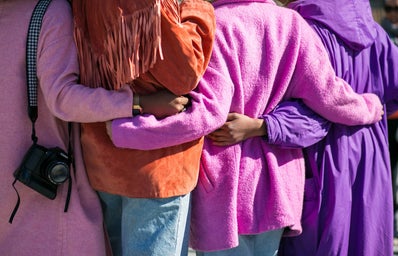From production and manufacturing to transportation and disposal, the fashion industry has long been one of the key disruptors of sustainable development in a world increasingly battered by climate change. According to the World Bank, the fashion industry accounts for an alarming 10% of global carbon emissions annually, as well as nearly 20% of global wastewater. While other consumer goods industries have taken similarly detrimental tolls on the environment, the world of fashion is particularly polluting due to its rapid growth and dynamic nature. The need to take cleaner initiatives in the fashion industry is now greater than ever before. Fortunately, the industry’s sizable contribution to pollution has called the attention of New York lawmakers in a recently proposed bill called The New York Fashion Sustainability and Social Accountability Act (“Fashion Act”). The Fashion Act is a huge step forward for climate justice which would hold multimillion-dollar businesses accountable for their sustainability efforts and environmental impact.
In an effort to bring these issues to the forefront, sustainable nonprofits and major designers, such as Stella McCartney, have also endorsed the Fashion Act, which requires all fashion companies conducting businesses in New York with over $100 million in revenues to outline a minimum of 50% of their supply chains. This bill would concern widely recognized brands of the world’s luxury fashion market, such as those belonging to LVMH, as well as pillars of fast fashion including Zara and H&M. By mapping out their supply chains, these companies would disclose their impact on greenhouse gas emissions, water consumption, and chemical use. These companies are also expected to meet climate goals for greenhouse gas emissions in accordance with the Paris Climate Accords adopted in 2015.
Furthermore, companies would be required to reveal the measures they have taken to improve social responsibility practices in their management systems, which would target prevalent human rights issues including child labor and poor working conditions. If companies do not comply with the law within their 12-month mapping directive, they would be penalized with a fine up to 2% percent of their annual revenues. The sum accrued from these violations would then be used to fund large environmental justice organizations in New York, such as UPROSE. In an industry where such fines are rare, this bill could have revolutionary results.
However, despite strong support and enthusiasm about the Fashion Act overall, many critics have expressed their insights on various aspects that the bill lacks. “I was disappointed with the fact that so many voices, and especially Black, Brown and Indigenous voices, weren’t included in the decision-making process or the initial creation of this bill — this bill that really could transform the industry,” says Dominique Drakeford, cofounder of Sustainable Brooklyn, a community-based initiative dedicated to “bridging the gap between targeted communities and the mainstream sustainability movement”. Drakeford points out the lack of representation and diversity in the coalition of the bill. Furthermore, fashion policy organisations, including the Human Rights Watch, have argued that consumer buying habits, a root cause of the problem, would not be strongly impacted by the bill’s mandates. Similarly, many critics claim that 50 percent of disclosure is also inadequate.
Senator Alessandra Biaggi of New York State introduced the bill in October 2021, and it has remained pending with the Consumer Protection committee of the New York Assembly since then. Despite the bill’s current unclear status, the coalition is hopeful it will be passed in June when the New York State’s legislative session is set to end.
“As one of the fashion and business capitals of the world, New York must serve as a leader in mitigating the environmental and social impacts of the $2.5 trillion fashion industry.” With this tweet, Biaggi bolsters sentiments for climate initiatives that the bill would set in motion, showing how it takes one small step in the right direction for progress in achieving larger-scale impact.


